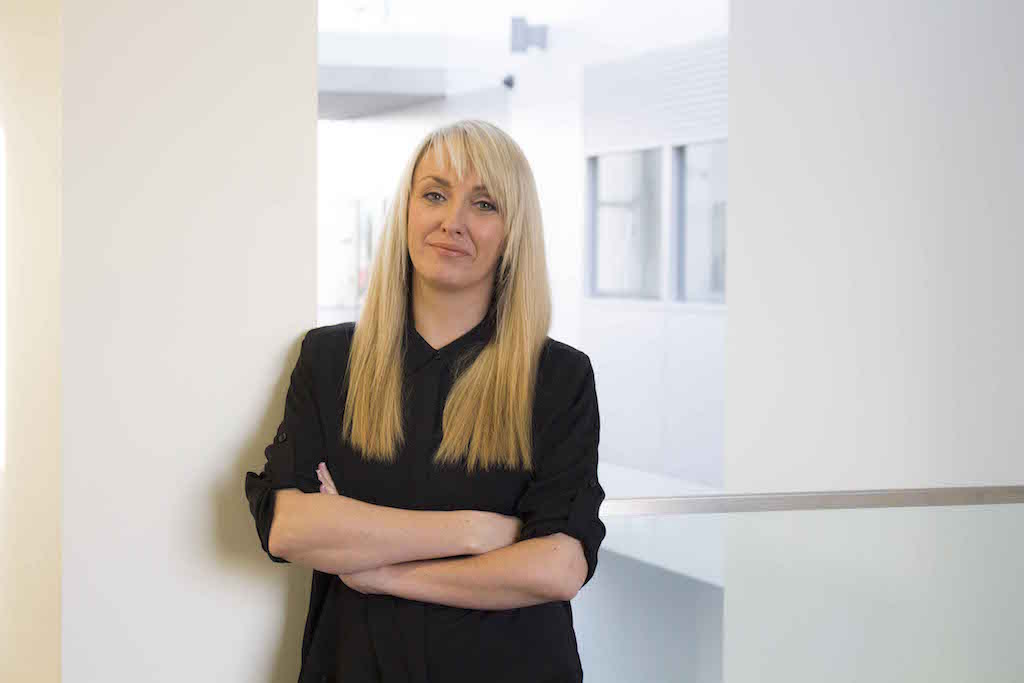“The difference between success and failure is a great team.” – Dave Kerpen.

What is a secret of a great team? A study of 133 teams found that psychological factors such as higher levels of interpersonal sensitivity, emotional stability and curiosity result in a more cohesive and productive work. Do psychological factors, personality, and emotional intelligence predetermine growth and development within the team? What makes a great team?
Teams are more innovative and productive than just a group of people. Today’s teams are far more different compared to ten years ago. In the past teams included relatively homogenous members who worked face-to-face and had a similar mindset. They perceived themselves as a joined cohesive group. In face-to-face teams, nonverbal communication and contextual cues provide a deeper insight into what’s going on.
“Teamwork is the ability to work together toward a common vision. It is the fuel that allows common people to attain uncommon results. – Andrew Carnegie.”
Digital and diverse
Today’s teams are Digital – diverse, dynamic and dispersed. Lots of them work remotely, and if you imagine a group of different nationalities, age, gender, and race with their values, beliefs, norms and behaviour working on a distance in differing time zones – it makes the whole teamwork process much more complicated. The question arises: ‘How to break down the barriers to cooperation and information exchange, and make a perfect team in the whole complexity of today’s digital environment?’ The answer is building ‘team effect’, making each member feel part of the team even on a distance, feel strong mutual commitment to work, and most important – feel “We’ instead of “I”. This ‘We’, this mutual commitment creates an enormous potential for the team’s interpersonal growth and great motivation for business development. How can this feeling of ‘We’ be achieved?
J. Richard Hackman, a pioneer in the field of organisational behaviour, identified the basics of team effectiveness: a compelling direction, a firm structure, and a supportive context. Every team feel inspired when they have a clear path – a goal. The goal should be explicit, consequential and also challenging. A compelling direction highly benefits the emotional stability of the team, as we usually feel much more motivated working toward a particular goal.
A team can be a mix of different nationalities, age, gender, and race with their values, beliefs, norms and behaviour. Such groups can quickly become disintegrated and even isolated unless they have a mutual goal and a structure of what each of them is responsible for. When there is a clear structure within a team, there is a clear structure inside each member of the team. Support is another condition that contributes to team effectiveness. Supportive context includes sharing reward when your team member succeeds, and, at the same time, letting them know if they fail to perform. Support is about giving only objective feedback. Also, feedback is never negative as we learn from mistakes and achieve higher results in the future.
“Coming together is a beginning. Keeping together is progress. Working together is success – Henry Ford.”
What team Google knows
Google’s recipe for a successful team is “being nice and joining”. Google’s research has found that effective team performance is determined by the team’s average level of emotional intelligence and a high level of communication between the members. Moreover, the broader scientific evidence proves that individual’s personalities play a significant role in team performance. Why? It is an individual’s personality that affects our position within the team, how we interact with the rest of the team, whether our values and beliefs correspond with the team’s.
Imagine your team with a high level of interpersonal sensitivity, emotional stability and curiosity, a group of inquisitive, cool-headed and altruistic people. Now consider team members who are results-oriented, relationship focused, process and rule followers, innovative and disruptive thinkers and, definitely, pragmatic. It can be not that easy to keep the balance of all these features in a team, and there can be success and failure in some of them. However, it is possible. Also, it’s highly essential to take small steps to gain this balance.
Now, let’s think about emotional intelligence and its substantial impact on a team. First, let us ask ourselves – how emotionally intelligent are we? Also, are we emotionally intelligent? We can be great professionals, successful, experienced managers, fantastic leaders, great leaders. However, are we great on our team, for our team? This is a tricky question. So sometimes it is tough to answer. Let us remember first, what is emotional intelligence.
“Emotional Intelligence is the other kind of smart – Travis Bradberry”
Why EQ is so hot at the moment
EQ first appeared in 1995, and the decades of research have revealed that emotional intelligence is the critical factor for a star performance. It is something intangible in each of us, that affects how we behave and manage our behaviour, how we tackle social complexities, how we make decisions and achieve results. EQ consists of two main competencies: personal and social. Personal competence is our self-awareness and self-management, while social skill is social awareness and relationship management. When we try to understand other people’s mood, motives and behaviour, we improve the quality of our relationship and manage interactions successfully.
Emotional Intelligence (EQ) is the capacity for recognising our feelings and those of others, for motivating ourselves, and for managing emotions well in ourselves and our relationships.
How much of an impact does emotional intelligence have on your success? The short answer is a lot.
TalentSmart found that “emotional intelligence is the strongest predictor of performance, explaining a full 58% of success in all types of jobs.” Above all, EQ is not only the most significant predictor of performance in the workplace, but it is also the most reliable driver of leadership and personal excellence.
Travis Bradberry in his profound study found that 90% of top performers are also high in emotional intelligence, and just 20% of bottom performers are high in emotional intelligence. Let us remember one critical point – we can always develop high emotional intelligence, even if we’re not born with it.
“The strength of the team is each member. The strength of each member is the team – Phil Jackson.”
Now we are ready to answer the question ‘What makes a great team?’ The answer is all of us. We make a perfect team. We – a group of inspired and motivated people, united by the mutual goal, having a clear direction where to move and develop, and continually giving support to each other.
We are all great professionals with excellent professional skills. So we are also highly aware of the importance of personality, psychological factors and emotional intelligence within the team.






